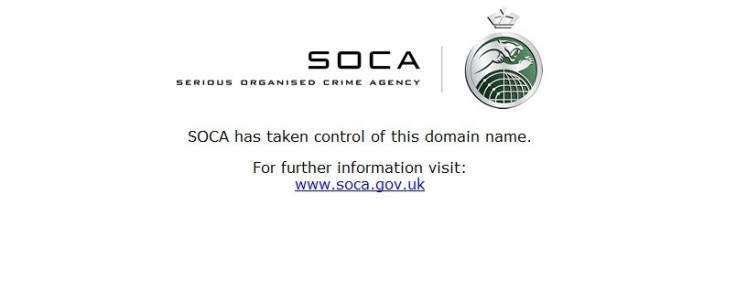Soca RnBxclusive Threat will not Stand up in Court - Analyst

Analysts have questioned Soca's ability to make good on its threat to track down and prosecute RnBxclusive users for illegally downloading music.
In a statement sent to the International Business Times UK, Rik Ferguson, director of security research and communication EMEA at Trend Micro suggested Soca would be unable to make good on its threat to prosecute RnBxclusive users by tracking their IP addresses.
Moving past the fact that UK law enforcement requires a court order to obtain information from internet service providers (ISPs) about specific IP addresses, Ferguson suggested that even with the location data, the information would prove at best questionable.
"Information provided by the ISP will, in most cases, prove at which address the router is located that provided internet access for the alleged infringement. It cannot prove which person was behind the keyboard, or even which computer was used. This of course assumes that the alleged perpetrator was not making use of a proxy to mask their true IP address," said Ferguson.
"The correlation of internet activity with an IP address is circumstantial at best and cannot reliably identify an individual clicking a mouse, despite what you see on the TV.
"This kind of evidence has already been tested in courtrooms around the globe and found wanting."
Soca seized RnBxclusive on 14 February, replacing the site's frontpage with its own statement threatening the site's users with legal action.
"If you have downloaded music using this website you may have committed a criminal offence which carries a maximum penalty of up to 10 years imprisonment and an unlimited fine under UK law" read Soca's statement.
"Soca has the capability to monitor and investigate you and can inform your internet service provider of these infringements. You may be liable for prosecution and the fact that you have received this message does not preclude you from prosecution."
RnBxclusive's shutdown comes in the midst of a heated debate about how law enforcement should combat online piracy. In Europe the debate has focused on the controversial Acta bill - an international trade agreement many groups believe will grant law enforcement and corporations the power to censor the internet.
© Copyright IBTimes 2024. All rights reserved.





